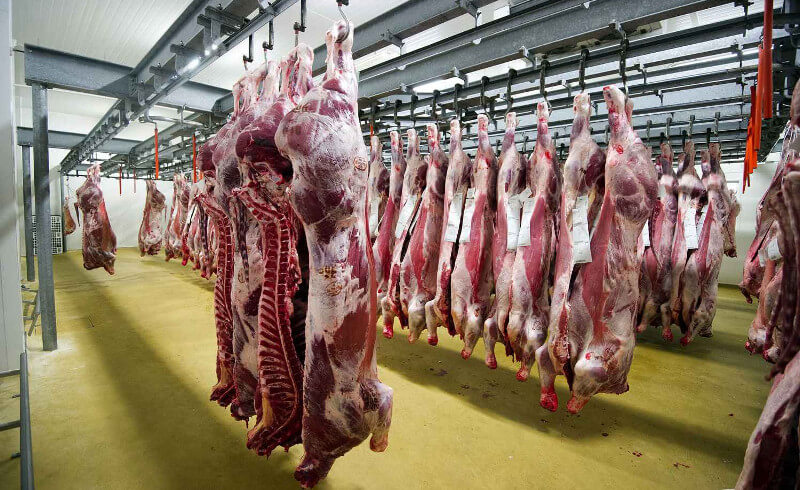
The Egyptian meat industry has taken significant steps to diversify its supply sources by entering into contracts to import cattle and frozen meat from five countries. The deal, which involves Sudan, Djibouti, Tanzania, Uganda, and India, aims to address the increasing prices of local meat caused by the global food crisis. By securing meat imports at lower prices, the government intends to meet the population’s demand for affordable meat.
According to Ali Moselhi, the Minister of Supply and Internal Trade, Egypt will receive 1,000 tons of frozen meat from India this month. Additionally, the country plans to import 25,000 cattle from various other countries. Sudan and Djibouti will supply Egypt with 5,000 and 10,000 cattle heads, respectively, in the near future. Furthermore, Egypt anticipates the arrival of 5,000 live sheep from Tanzania, 5,000 frozen lambs from Uganda, and 5,000 tons of frozen meat from Brazil, as per previous agreements.
The scarcity of feed has been identified as a major factor contributing to the surge in meat prices within Egypt. This shortage has led to market issues and raised concerns among buyers. To address the supply shortages, the government is actively seeking to broaden its meat sources and alleviate the strain on the local market.
These efforts come in the wake of the Sudanese military conflict, which disrupted the supply of Sudanese meat to the Egyptian market. Sudan is a significant supplier of fresh beef to Egypt and one of the largest exporters of cattle to the country. The conflict significantly impacted trade between the two nations.
A report from the USDA highlights the expected increase in food prices in Egypt due to limited food supply resulting from the conflicts in Sudan. The report, supported by the US Department of Agriculture’s Foreign Agricultural Service and the Global Agricultural Information Network, underscores the pressing need for Egypt to diversify its meat imports to ensure an adequate supply.
Data from the trending economy report reveals that the value of meat imports, including bovine animals and frozen meat, reached USD 1 billion in 2022. This accounted for 1.26% of Egypt’s total imports, which amounted to USD 79 billion.
Earlier this year, Egypt turned to Brazil to increase poultry and beef imports in an effort to meet domestic demand. The country has approved 42 Brazilian processing units, including 27 poultry plants, for export to Egypt, reflecting a shift in priorities in recent months.
Egypt’s decision to sign contracts with multiple countries for the import of cattle and frozen meat demonstrates its commitment to ensuring a stable meat supply for its population. By diversifying its sources, Egypt aims to mitigate the impact of the global food crisis and provide affordable meat options to its citizens. These strategic moves in the meat industry will contribute to maintaining food security and stabilizing prices in the country.
Stay updated with the latest farming tips and agriculture industry news from Africa by subscribing to our newsletter. Don’t miss out on valuable insights and updates. Follow us on Twitter, LinkedIn, and Facebook to join our farming community and stay connected with us.


















